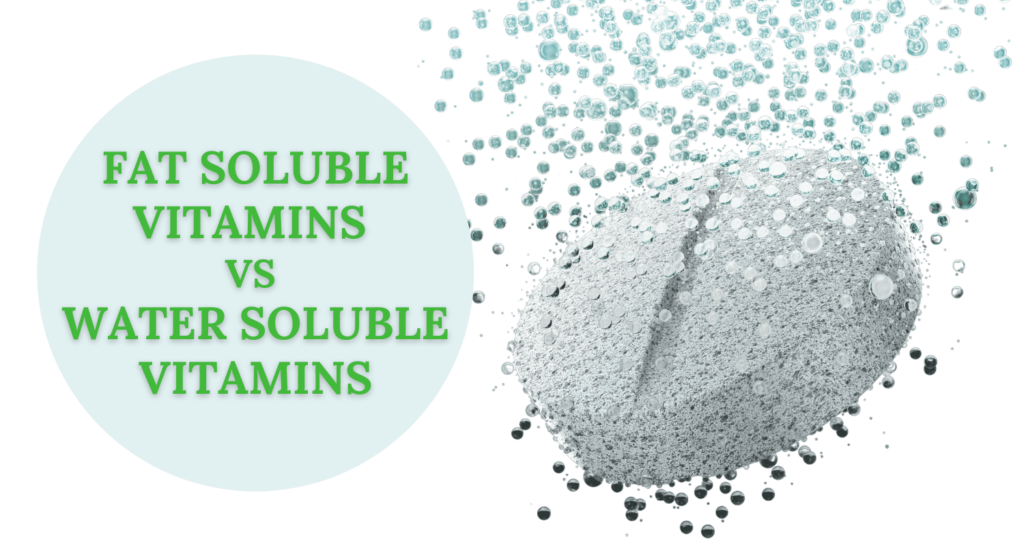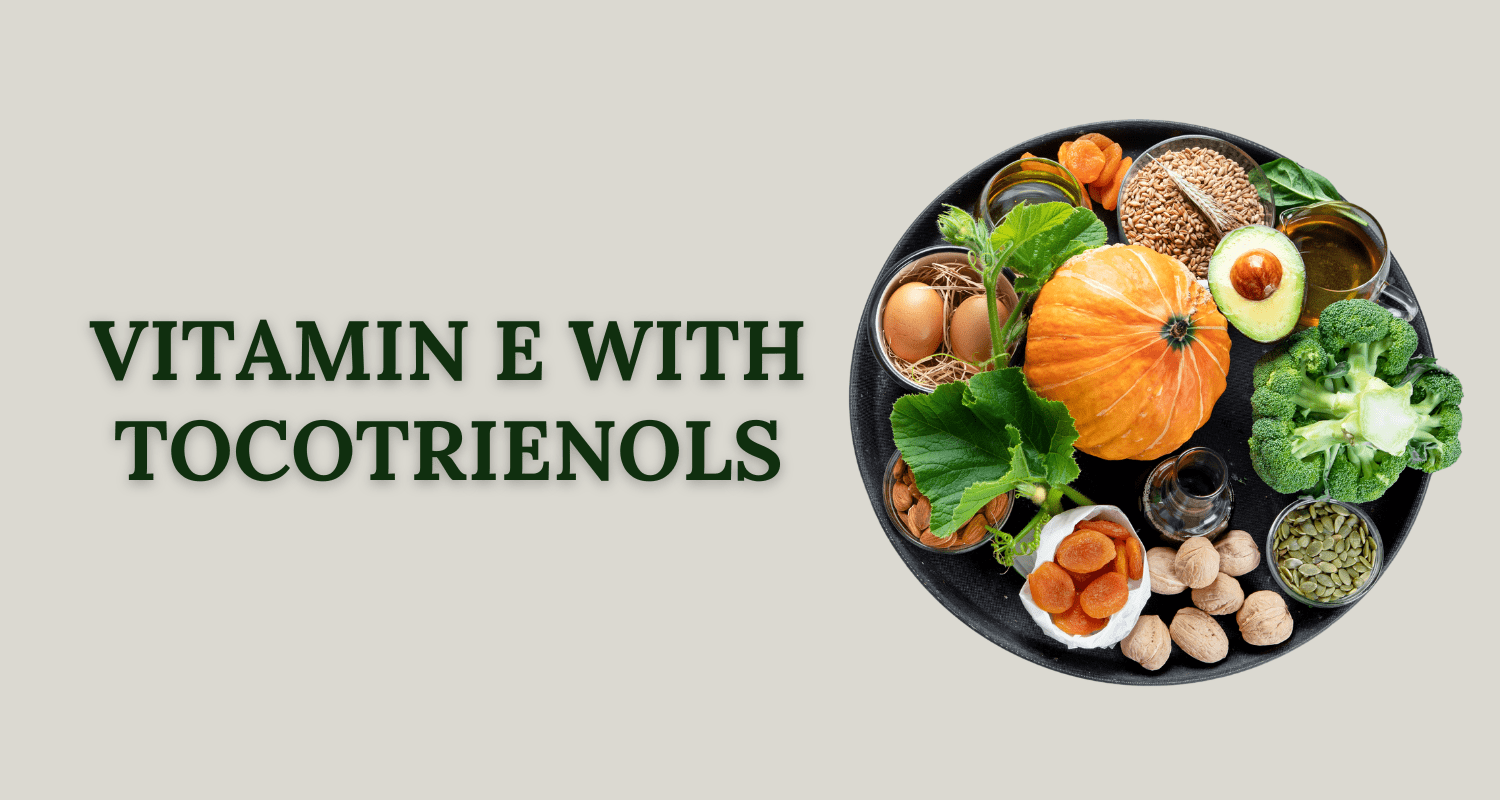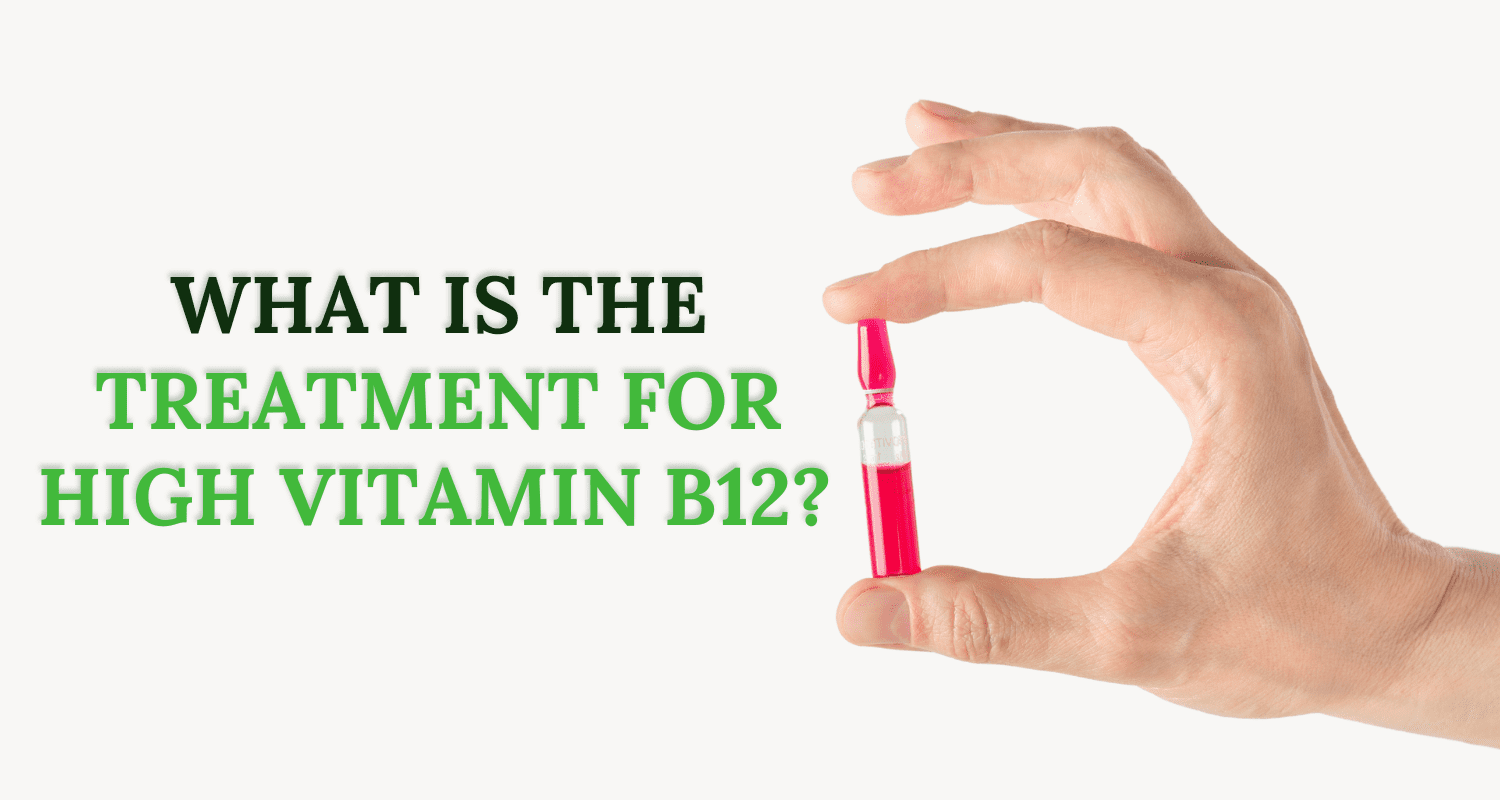Have you ever wondered why some vitamins dissolve in water while others need fat to be absorbed?
Understanding the difference between fat soluble vitamins vs water soluble vitamins is key to unlocking the secrets of a balanced diet and optimal health.
In this guide, we’ll explore the fascinating world of vitamins, breaking down the differences between fat soluble vitamins vs water soluble vitamins.
From their sources and functions to how your body absorbs and stores them, this article will explore the knowledge for you need to make informed choices about your nutrition.
So, let’s explore what makes fat-soluble vitamins distinct from water-soluble ones and how they affect us.
Let’s dive into fat soluble vitamins vs water soluble vitamins.
Key Takeaways:
- Fat soluble vitamins vs water soluble vitamins, Fat-soluble vitamins (A, D, E, and K) are absorbed by fat, while water-soluble vitamins (all others) are dissolved in water.
- Fat-soluble vitamins are stored in the liver and fatty tissues for future use, while water-soluble vitamins are not stored and need to be replenished regularly through the diet.
- Excess fat-soluble vitamins can lead to toxicity, while water-soluble vitamins are easily flushed out of the body through urine if not needed.
Sources and Absorption of Water-Soluble Vitamins
Water-soluble vitamins are essential for good health. They quickly enter our tissues and are not stored in the body.
This means we need to get these vitamins often from food.
Sources of Water-Soluble Vitamins
Many foods are great sources of water-soluble vitamins.
Eating a mix of these foods can help you get the vitamins you need:
- Fresh fruits: Citrus fruits like oranges and grapefruits are loaded with vitamin C. Berries, including strawberries and blueberries, have lots of B vitamins.
- Vegetables: For vitamin C, go for tomatoes and peppers. Spinach and kale are full of folate.
- Meat and dairy products: Foods from animals, such as beef and fish, contain B-complex vitamins. This includes vitamin B12.
Eating a variety of foods will help you get enough water-soluble vitamins. This supports your health and wellness.
Absorption of Water-Soluble Vitamins
Our bodies easily absorb water-soluble vitamins because of their high bioavailability. They dissolve in water inside our bodies and go straight into our bloodstream.
Our bodies also get rid of extra water-soluble vitamins we don’t need. This happens through our urine. So, there’s no worry about having too much of these vitamins.
To make sure your body absorbs these vitamins well, eat a balanced diet. Include many nutrient-rich foods. This strategy enhances your overall vitamin absorption.
Functions and Advantages of Water Soluble Vitamins
Water-soluble vitamins are key for our health. They boost energy, metabolism, and keep us well.
Let’s look at the roles and benefits of these vital vitamins:
Vitamin B1 (Thiamine)
Vitamin B1, or thiamine, unlocks energy from foods. It also backs a healthy nervous system.
This vitamin is key for a good metabolism and overall health.
Vitamin B2 (Riboflavin)
Riboflavin, known as vitamin B2, helps keep skin and eyes healthy. It fights off cell damage as an antioxidant.
Vitamin B3 (Niacin)
Niacin, or vitamin B3, is vital for turning food into energy. It also keeps the skin and nervous system healthy.
Vitamin B5 (Pantothenic Acid)
Vitamin B5 helps with metabolism and making hormones.
It’s involved in creating many important molecules, like cholesterol and red blood cells.
Vitamin B6 (Pyridoxine)
Pyridoxine, vitamin B6, is crucial for processing proteins and making red blood cells.
It supports brain health, immune system, and more.
Vitamin B7 (Biotin)
Biotin aids in breaking down carbohydrates for energy. It’s key for healthy hair, skin, and nails.
Vitamin B9 (Folate)
Folate is key for making proteins and red blood cells.
It supports cell division and is very important for pregnant women for fetal health.
Vitamin B12 (Cobalamin)
Cobalamin, or vitamin B12, helps make red blood cells and keeps the nervous system healthy.
It’s involved in creating DNA and metabolizing energy.
Vitamin C (Ascorbic Acid)
Ascorbic acid, or vitamin C, boosts iron absorption and collagen synthesis.
It helps heal wounds and strengthens the immune system. It’s great for overall wellbeing.
Including various foods rich in these vitamins is vital for health. They offer many benefits that help us stay in good shape.
Functions and Benefits of Fat Soluble Vitamins
Fat-soluble vitamins are key for good health and well-being. They include vitamin A, D, E, and K.
Each one has special functions and benefits.
Vitamin A
Vitamin A is vital for many body functions. It helps with bone and tooth growth, keeps vision sharp, boosts immunity, and maintains gut health.
Lack of vitamin A can cause night blindness and lower the body’s defenses.
Vitamin D
Vitamin D, the “sunshine vitamin,” is made when skin gets sunlight. It helps absorb calcium and phosphorus, crucial for bones and teeth.
Not having enough vitamin D leads to bone problems.
Vitamin E
Vitamin E is a strong antioxidant. It fights off harmful free radicals, protecting cells and lowering inflammation.
It also keeps red blood cells healthy and boosts immune power. Without enough vitamin E, nerves and muscles could get damaged.
Vitamin K
Vitamin K is vital for blood clotting and wound healing. It also keeps bones strong and cuts osteoporosis risks. Too little vitamin K can cause clotting issues and higher fracture risks.
To get these vitamins, eat foods rich in them.
For vitamin A, try carrots, sweet potatoes, and green veggies. Sun and foods like fatty fish give you vitamin D.
Vitamin E comes from nuts, seeds, and oils. For vitamin K, go for green veggies, broccoli, and fermented foods like natto.
But remember, balance is key with fat-soluble vitamins.
Too much can be harmful since the body stores them. They aren’t flushed out as water-soluble vitamins are.
Always talk to a healthcare expert or dietitian before changing your diet or adding supplements. They can help ensure you get the right amount of vitamins without risks.
Conclusion
Knowing the difference between fat soluble vitamins vs water soluble vitamins is key for good health.
Fat soluble vitamins examples are Vitamins A, D, E, and K.
They can build up to dangerous levels if you have too much.
Water-soluble vitamins, such as thiamine, riboflavin, and folic acid, don’t stay in the body. They must be taken in often through the food we eat.
Lacking water-soluble vitamins can cause health issues. These vitamins are important for making energy, breaking down food, defending against sickness, and keeping you healthy.
Making sure you get enough of them is important to avoid problems.
Eating a variety of foods is the best way to keep your vitamin levels right. Include fruits, veggies, whole grains, lean meats, and dairy for adding essential nutrients to your meals.
Also, talk to a doctor before starting any vitamin supplements. They can help you figure out what you need without risking bad side effects.
FAQs
What is the difference between fat soluble vitamins vs water soluble vitamins?
Difference between fat soluble and water soluble vitamins is fat-soluble vitamins dissolve in fat and are stored in the body’s fatty tissues, while water-soluble vitamins dissolve in water and are not stored in the body but rather excreted through urine.
Is B12 a water or fat-soluble vitamin?
Vitamin B12 is a water-soluble vitamin, meaning it dissolves in water and is not stored in the body for long periods.
What is the difference between water-soluble and fat-soluble vitamins Quizlet?
Water-soluble vitamins are not stored in the body and need to be consumed regularly, while fat-soluble vitamins are stored in the body’s fatty tissues and can be stored for longer periods.
What are examples of fat-soluble vitamins?
Examples of fat-soluble vitamins include vitamins A, D, E, and K.
Are vitamins B1, B2, B3, B6, and B12 all water-soluble?
Yes, vitamins B1 (thiamine), B2 (riboflavin), B3 (niacin), B6 (pyridoxine), and B12 (cobalamin) are all water-soluble vitamins.
Is Vitamin B water-soluble or fat-soluble?
Vitamin B refers to a group of water-soluble vitamins, including B1, B2, B3, B6, and B12.
Disclaimer: This content, including advice, provides generic information only. It is not a substitute for a qualified medical opinion. Always consult a specialist or your doctor for more information. Nutrition Cult does not claim responsibility for this information.




